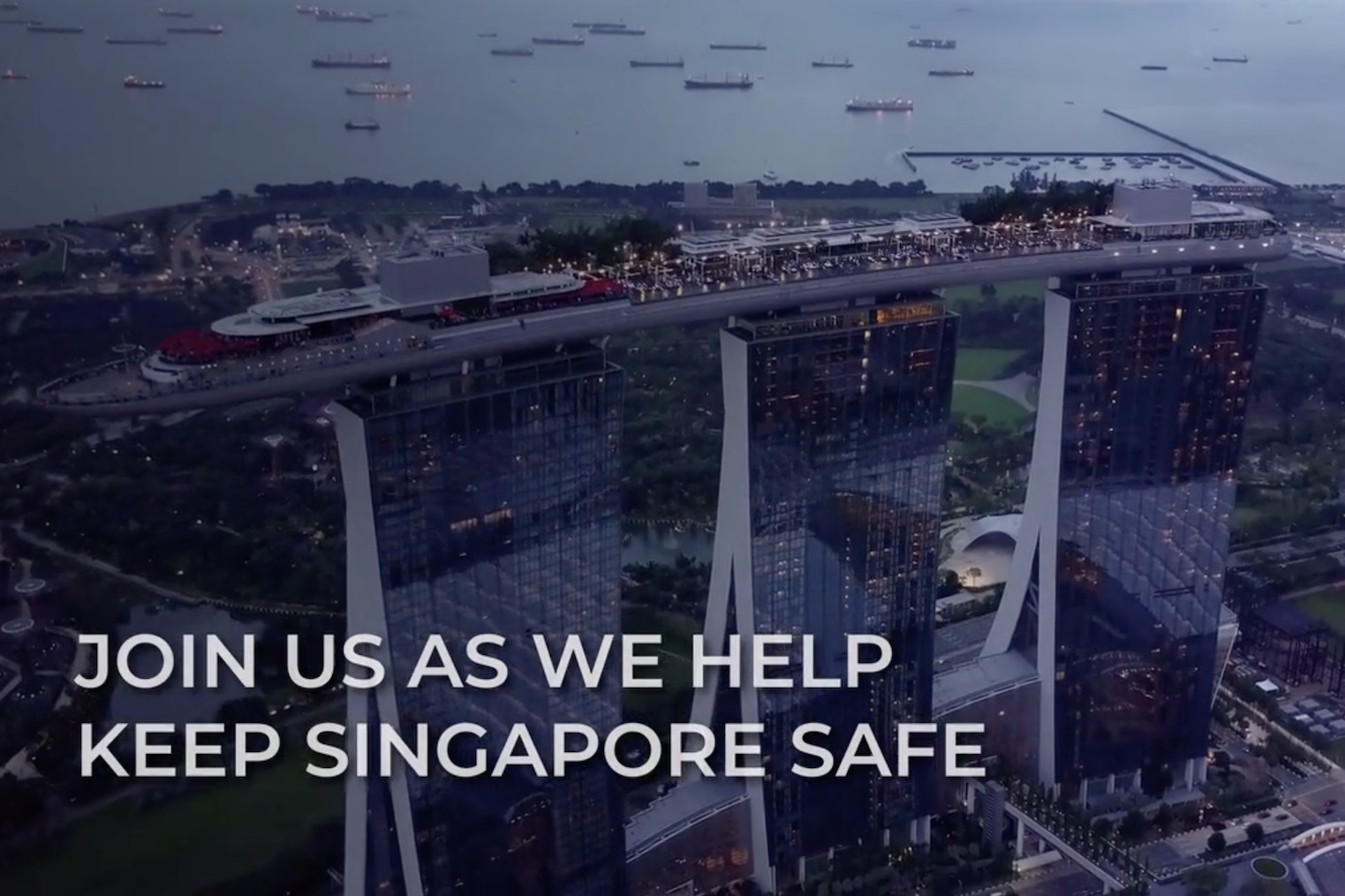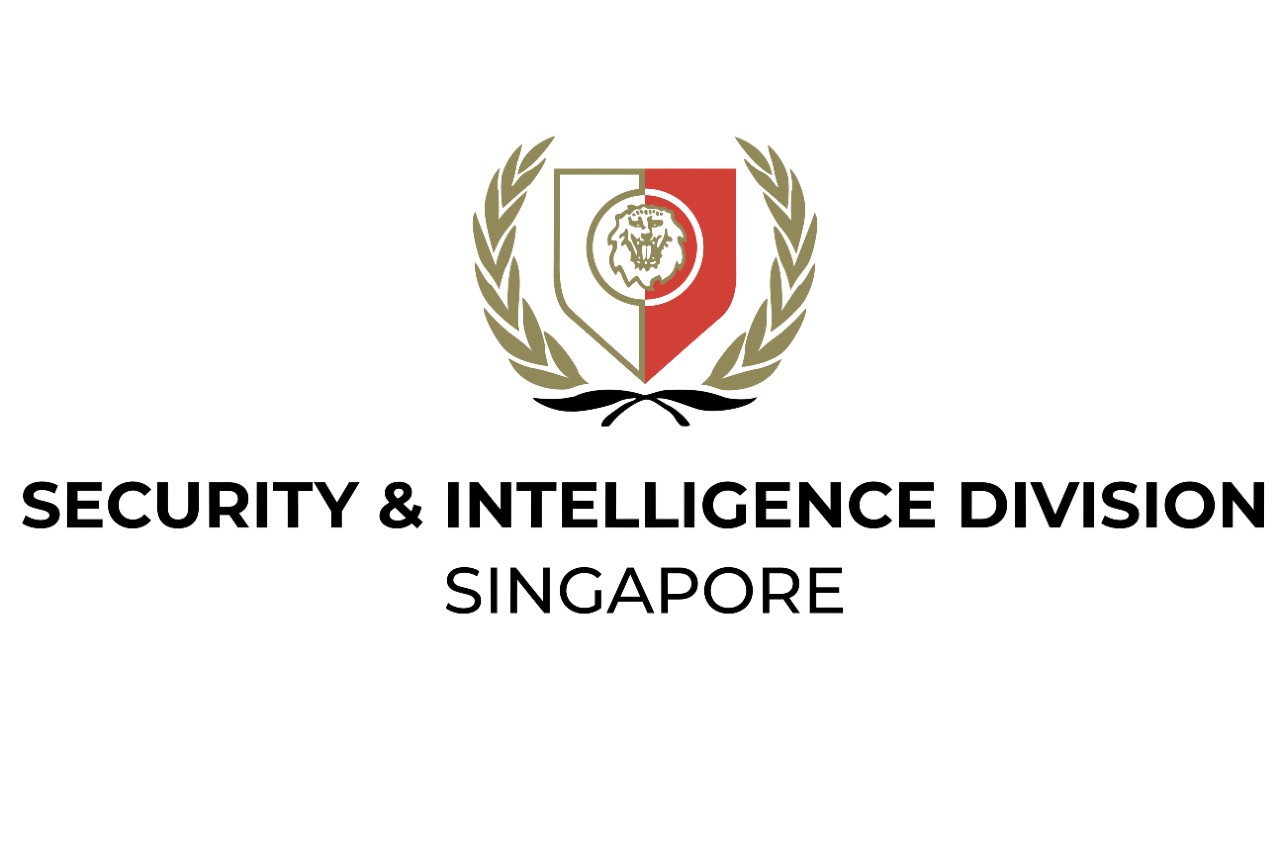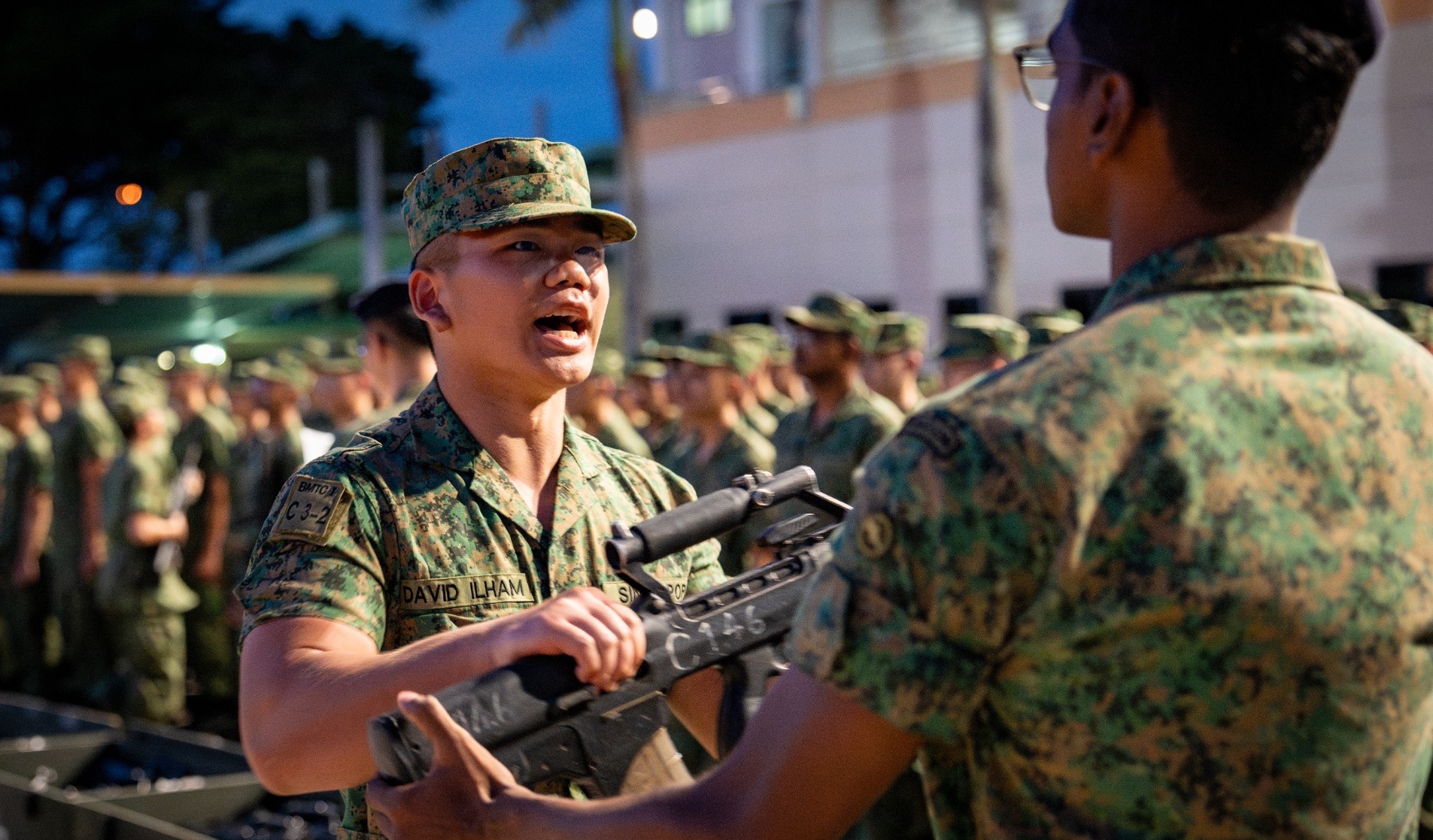MILESTONES
EXTERNAL INTEL AGENCY LAUNCHES WEBSITE, RECRUITMENT DRIVE
19 Jul 2021
Singapore's Security & Intelligence Division opens up about its work and what it looks for during hiring.


The foiling of a plot to attack on Marina Bay Sands in 2016. The arrests of Jemaah Islamiyah (JI) terrorists who fled Singapore in the early 2000s. The rescue of civilian hostages during the 1970 terrorist hijacking of the Laju ferry.
Many know of these counter-terrorism efforts by Singapore's government agencies. But an essential part of such efforts – the gathering of external intelligence – takes place behind the scenes at a highly specialised division.
The Security & Intelligence Division (SID) is Singapore's external intelligence agency, under the Ministry of Defence.
Established in 1966, it provides intelligence and assessments to government agencies to support deliberations on international and strategic issues, and protects the nation against external threats.
It also analyses global developments that could affect Singapore's security; while engaging key foreign intelligence agencies to exchange information and insights on countering transnational threats.
This afternoon, it launched its official website, to showcase the significance of its work and provide a platform for Singaporeans to explore the wide range of careers available there.

Evolving its mission in security
SID has been a discreet agency since its inception but is now going public to ramp up its recruitment outreach efforts. This is because professionals of diverse backgrounds are increasingly needed to meet a new spectrum of security missions, said Michael (not his real name), a director at the agency.
These areas include terrorism, as well as emerging threats like cyberattacks and information warfare, he said.
He was speaking in a first-ever media interview with SID personnel, held via teleconference on 16 Jul. Previous interviews with SID officers have only been held after they retired or left service.
Pseudonyms are used in this article for the protection of the officers because of the sensitive nature of their work.
"(When) terrorism started, it was a direct threat to us. We had near misses…(and) people from JI running to other countries," said Michael, who was involved in bringing back JI terrorists who escaped from Singapore during his 20-year-career in SID.
"But as time moved on, threats became more complex," he added.
"The thing about intelligence – especially now – is that there is a whole bunch of information and a lot of it may not be accurate. And we have to kind of demystify this whole thing.
"That's where we come in to make sense of it for the government."
SID moved to hire people of different backgrounds, which helped to widen its perspective on issues, Michael added.
"You need people…to challenge the norm of what the current thinking is; to be the devil's advocate of what else can go wrong."

Intense but meaningful work
The work, however, is no easy task.
As the agency provides information that translates to policy decisions, a lot of hard work goes into ensuring the right assessments are given.
This is part and parcel of what makes the work meaningful, said political analyst Sophie (not her real name).
She recalled a developing political incident where her team had to quickly inform policymakers on the situation and provide assessments on it. As the incident developed, the team had to do multiple changes and checks on their assessment, often working long hours.
Eventually, the report was found to be on point and helpful. "Sometimes we get pretty good feedback as well and that is really encouraging," she added.
Though part of the research office, Sophie also did a stint at SID's technology department, where she learnt to use technology to make sense of data.
The roles in SID broadly fall under Research, Operations, Technology, International Partnerships, and Corporate.
Opportunities to try out different roles are encouraged by SID to make its personnel more well-rounded, said Sophie, who has been in the organisation for eight years.
She is also fluent in four languages, which allows her to better understand various countries' political systems and situations in her assessments.
Joining the SID team
"No one joins SID as full-fledged intel professional; there isn't very much we can study that directly prepares us for the work," said Sophie.
She was recruited into SID through a tea session while she was an undergraduate reading History. It was comprehensive on-the-job training and mentorship that helped her to build competencies in her role, she shared.
Apart from the training, potential applicants to SID should expect to be very discreet in their work while being creative in tackling issues, said Michael.
He also emphasised that teamwork was a big part of the job.
"We take seriously the person's ability to work in teams because the kind of work that we do is very seldom done (alone). You need to work in very integrated, multi-disciplinary teams."
Michael added that mid-careerists recruited by SID have included bankers, economists and lawyers who have value-added through their various skills and experiences.
"The people who join us have a deep sense of purpose in their work," he said. "What drives us is really seeing our contributions pan out in government policy…(that) gives our officers an incredible sense of satisfaction."
Singaporeans who are interested in a career in SID may visit www.sid.gov.sg to find out more.
ALSO READ IN MILESTONES

Answering the call to defend Singapore
21 Jan 2026
The Weapon Presentation Ceremony represents a powerful moment when recruits are entrusted with their rifle and begin carrying the weight of the nation’s defence.

Navy launches 1st Multi-Role Combat Vessel
21 Oct 2025
The Multi-Role Combat Vessel will function as a mothership for the command and conduct of unmanned naval operations.
-dsc_2181.jpg?sfvrsn=cf9c6464_2)
What you need to know about the new CMPB
14 Oct 2025
The new Central Manpower Base (CMPB) at Bukit Gombak officially opened its doors on 14 Oct, welcoming pre-enlistees, servicemen and the public alike to a state-of-the-art, one-stop hub for all things National Service (NS).


